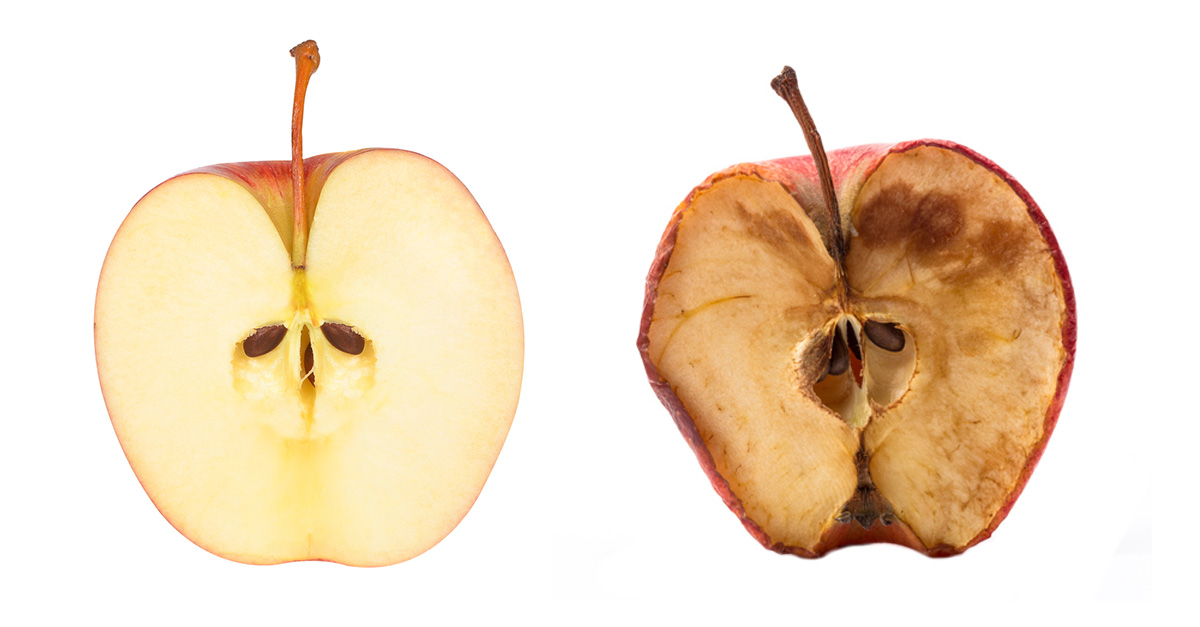The Surprising World of Oxidation: Why Rust Isn't All Bad
Are you familiar with the term "oxidation"? You may have heard it before in relation to rust or spoiled food, but there is much more to this process than meets the eye. In fact, oxidation is a fundamental process that occurs in our everyday lives, from the food we eat to the air we breathe. In this article, we'll explore the fascinating world of oxidation and why it's not all bad news.
First, let's define what oxidation is. Simply put, it's a chemical reaction that occurs when a substance loses electrons. You may remember from your high school chemistry class that electrons are negatively charged particles that orbit the nucleus of an atom. When a substance loses electrons, it becomes oxidized, while the substance that gains electrons is reduced. The classic example of oxidation is the reaction between iron and oxygen, which results in the formation of rust.
While rust may be unsightly and damaging to metal objects, it's important to note that oxidation is not always a bad thing. In fact, it plays a vital role in many natural and industrial processes. One of the most important examples of oxidation is respiration, the process by which our bodies convert food into energy. When we breathe in oxygen, it combines with glucose in our cells to produce carbon dioxide, water, and energy. This reaction is a form of oxidation, and without it, we wouldn't be able to survive.
Oxidation is also used in many industrial processes. For example, in the production of steel, iron is oxidized to remove impurities and create a stronger, more durable metal. In the chemical industry, oxidation is used to produce a variety of products, including plastics, detergents, and pharmaceuticals.
But oxidation isn't just limited to chemical reactions. It also occurs in the natural world, and plays a critical role in the earth's ecosystem. For example, when plants undergo photosynthesis, they convert carbon dioxide into oxygen, a process that involves oxidation. This is one of the reasons why plants are so important to our planet – they produce the oxygen that we need to breathe.
So, while oxidation may have a bad reputation due to its association with rust and spoilage, it's clear that it's a critical process that occurs all around us. But what about the harmful effects of oxidation, such as the damage it can cause to our bodies and the environment? This is where antioxidants come in.
Antioxidants are substances that prevent or slow down oxidation, and are found in many foods, including fruits, vegetables, and nuts. They work by neutralizing free radicals, which are highly reactive molecules that can cause damage to cells and DNA. While free radicals are a natural byproduct of metabolism, they can also be caused by exposure to environmental toxins, such as tobacco smoke and pollution.
The importance of antioxidants cannot be overstated. In addition to protecting our bodies from damage, they also play a role in preventing chronic diseases such as cancer, heart disease, and Alzheimer's. Research has shown that a diet high in antioxidants can help to reduce the risk of these diseases, and may even slow down the aging process.
So, what can we do to ensure that we're getting enough antioxidants in our diet? The answer is simple – eat a variety of colorful fruits and vegetables. The bright colors of these foods are a sign that they're rich in antioxidants, so aim to include a rainbow of fruits and vegetables in your diet each day. Nuts, seeds, and whole grains are also good sources of antioxidants.
In conclusion, oxidation is a fascinating and important process that occurs all around us. While it may have a bad reputation due to its association with rust and spoilage, it's clear that it's critical for many industrial and natural processes, including respiration, steel production, and photosynthesis. However, the harmful effects of oxidation, such as the damage it can cause to our bodies and the environment, can be counteracted by consuming a diet high in antioxidants. So, the next time you hear the word "oxidation", don't just think of rust and spoilage – think of the amazing processes that occur every day to keep our world running.
Labels: Interesting, science


0 Comments:
Post a Comment
Subscribe to Post Comments [Atom]
<< Home